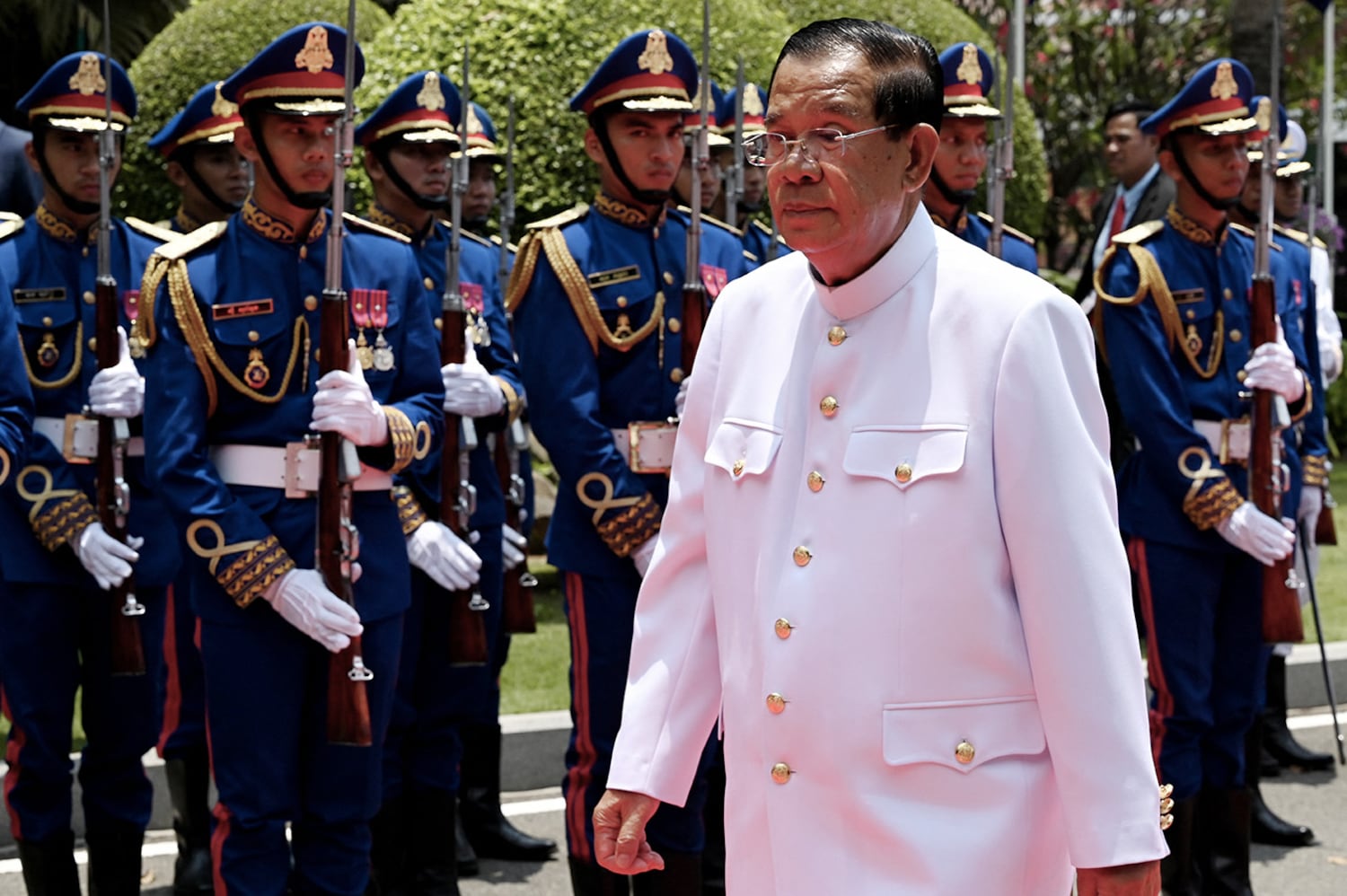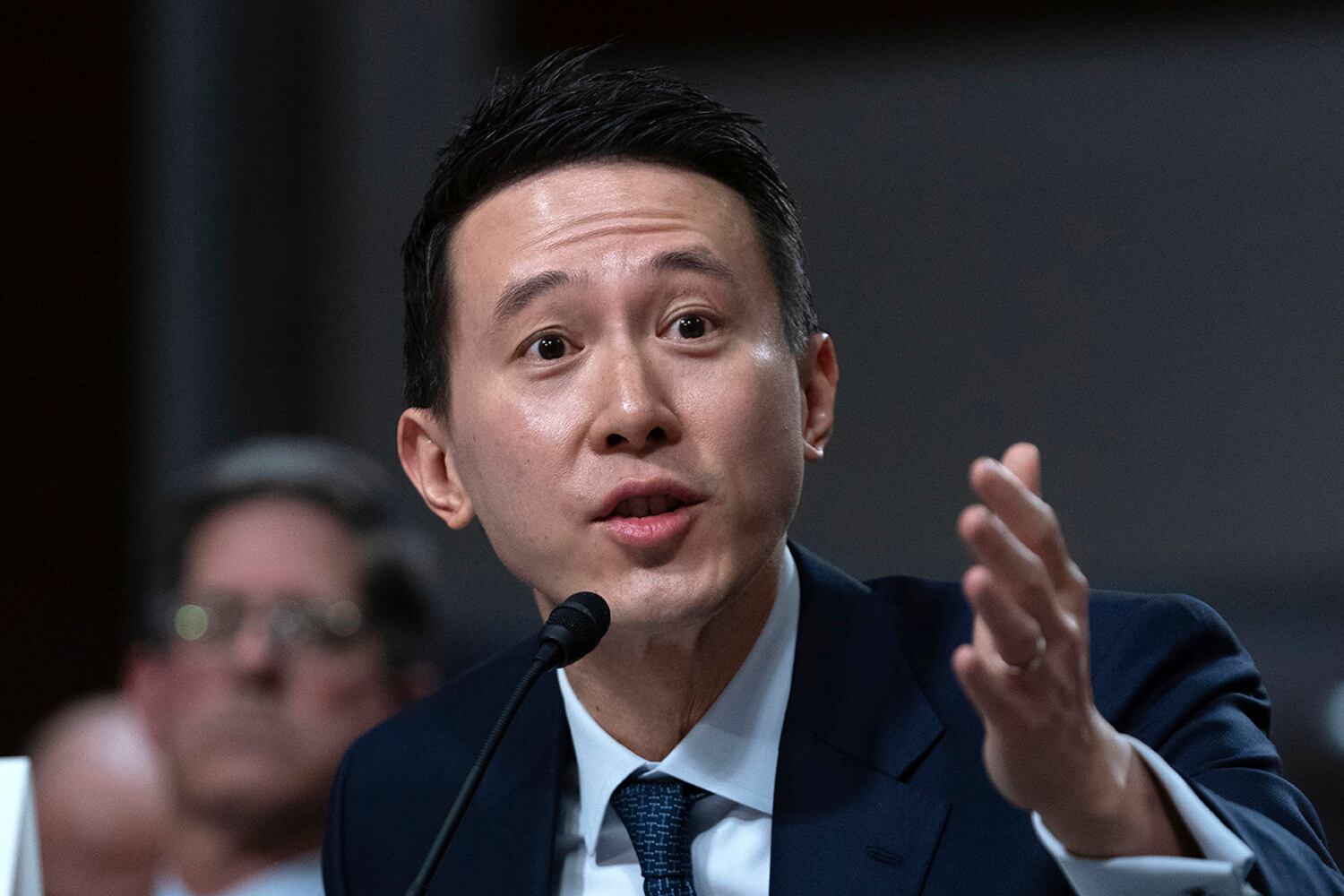U.S. President-elect Donald Trump’s nomination of Sen. Marco Rubio as his secretary of state is likely to send a jolt of excitement to beleaguered democrats and opposition forces in Southeast Asia’s authoritarian states.
Over the past five or so years, Rubio has co-authored almost every congressional bill on human rights in Southeast Asia.
He co-introduced the Cambodia Democracy and Human Rights Act in 2022, stating at the time that “the Hun Sen dictatorship destroyed democracy in Cambodia and allowed the nation to be exploited by the Chinese Communist Party.” He reintroduced the bill in 2023.
In 2020, Rubio appealed to the State Department to designate Vietnam a “country of particular concern” for abuse of religious freedom, noting that “the only way to realize the full potential of the U.S.-Vietnam relationship is to press them to take serious steps to improve the human rights situation in Vietnam.”
A year earlier, he co-introduced the Vietnam Human Rights Sanctions Act to the Senate, which, had it passed, would have pressured the White House to impose “sanctions and travel restrictions on Vietnamese nationals complicit in human rights abuses.”
He was critical of the Obama administration’s rush to renormalize ties with Myanmar’s semi-military government in the early 2010s, and unabashed in saying the Burmese military orchestrated a “genocide” against the Rohingya.

In 2021, he was one of six senators to call on the Biden administration to impose much tougher sanctions on the military junta that took power in Myanmar through a coup in February that year.
In 2017, he tried to introduce legislation to restrict the export of defense articles to the Philippines in response to then-President Rodrigo Duterte’s brutal and illegal war on drugs. The same year, he challenged U.S. Secretary of State Nominee Rex Tillerson to pressure Duterte about his “human rights violations.”
China-hawk
Rubio is principally known as a China-hawk, and he has been blacklisted by Beijing in retaliation for U.S. sanctions on Chinese officials for the genocide against the Uyghur ethnic minority and for the crackdown in Hong Kong.
He has co-sponsored numerous bills against the Chinese Communist Party’s human rights violations, including the Uyghur Human Rights Policy Reauthorization Act and numerous Hong Kong Human Rights and Democracy Reauthorization Acts.
RELATED STORIES
Is Southeast Asia ready for the abrupt changes Trump could usher in?
Vietnam faces Trump era with awkward trade surplus with the US
China hawk to steer Trump’s national security
Last year, he introduced the Deterring Chinese Preemptive Strikes Act to strengthen American air bases in the Indo-Pacific region. He was the arch-campaigner against TikTok and Huawei, and for the past decade has fought resolutely to bring attention against Beijing’s genocide of the Uyghurs in Xinjiang region.
However, a blinkered China-hawk who perceives all foreign relations through the Beijing prism would not have sponsored resolutions condemning the Communist Party of Vietnam, which the “realists” in the Biden administration courting Hanoi treated as an ally beyond reproach.
Rubio’s actions indicate he knows that America cannot be indolent about the sins of its friends.

Perhaps he has tempered some of his views, but Rubio would appear to be instinctively interventionist and instinctively knows that America has a duty to not only promote global prosperity but also global liberty.
During Trump’s first term, Rubio co-sponsored legislation to make it harder for the U.S. to withdraw from NATO.
His more controversial comments about the Ukraine war – ”I’m not on Russia’s side, but unfortunately the reality of it is that the way the war in Ukraine is going to end is with a negotiated settlement’ – can be read in multiple, not all isolationist, ways.
Promoting values
Even if the senator who has been outspoken on human rights has to temper his views while serving as the top U.S. diplomat, it will still be heartening to have a U.S. secretary of state who has spent as much time with Southeast Asian dissidents, exiles and opposition politicians as with government officials and chambers of commerce.
It will be positive to have an American foreign affairs chief who knows Cambodia is a “dictatorship,” who says Myanmar’s generals committed “genocide,” and who called out Duterte’s drug war for human rights violations.
At least since the Obama administration, there’s been a tendency to appoint senior Asia officials who spent considerable time in the region. This brought expertise, but it also brought a certain mindset from those who previously “had to get along with” the region’s tyrannical regimes.
If Trump was isolationist and transactional in his first term, there’s been a temptation by the Biden administration to single-mindedly focus on alliance building against China, without sufficient thought for the local inhabitants of those allies.
Indeed, it’s difficult to exaggerate not just how little the Biden administration did for human rights in Southeast Asia as his foreign policy pursued realpolitik goals.
Rubio’s record suggests he will remind U.S. leaders and diplomats why they are effectively fighting a new Cold War against China – it isn’t only about trade margins and tariffs and spheres of influence.
If he is able to temper Trump’s transactional instincts toward foreign leaders no matter how unsavory, Rubio is someone who could pursue a more muscular foreign policy against China without forgetting that key values are a factor in the rivalry.
David Hutt is a research fellow at the Central European Institute of Asian Studies (CEIAS) and the Southeast Asia Columnist at the Diplomat. He writes the Watching Europe In Southeast Asia newsletter. The views expressed here are his own and do not reflect the position of RFA.
This content originally appeared on Radio Free Asia and was authored by David Hutt.
This post was originally published on Radio Free.